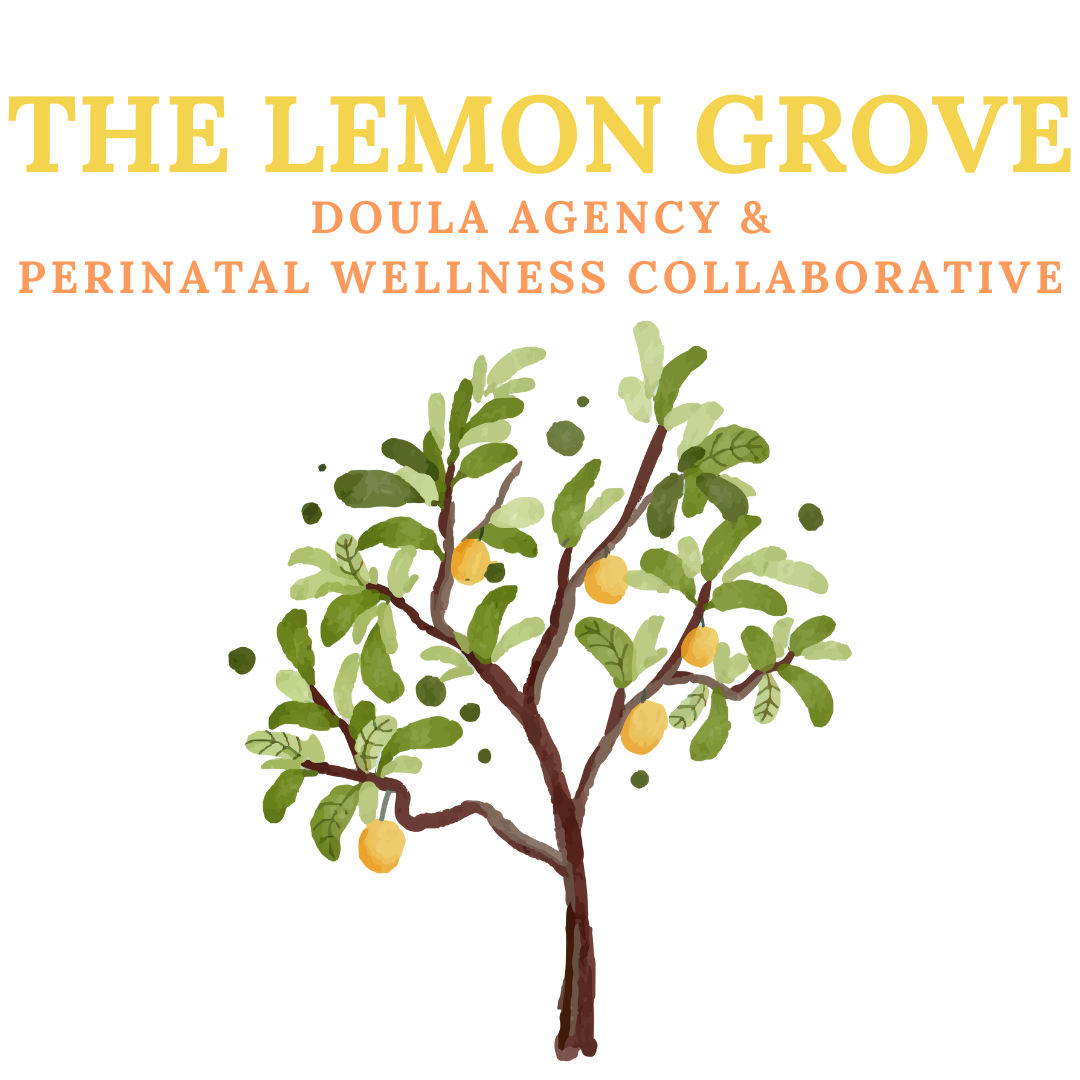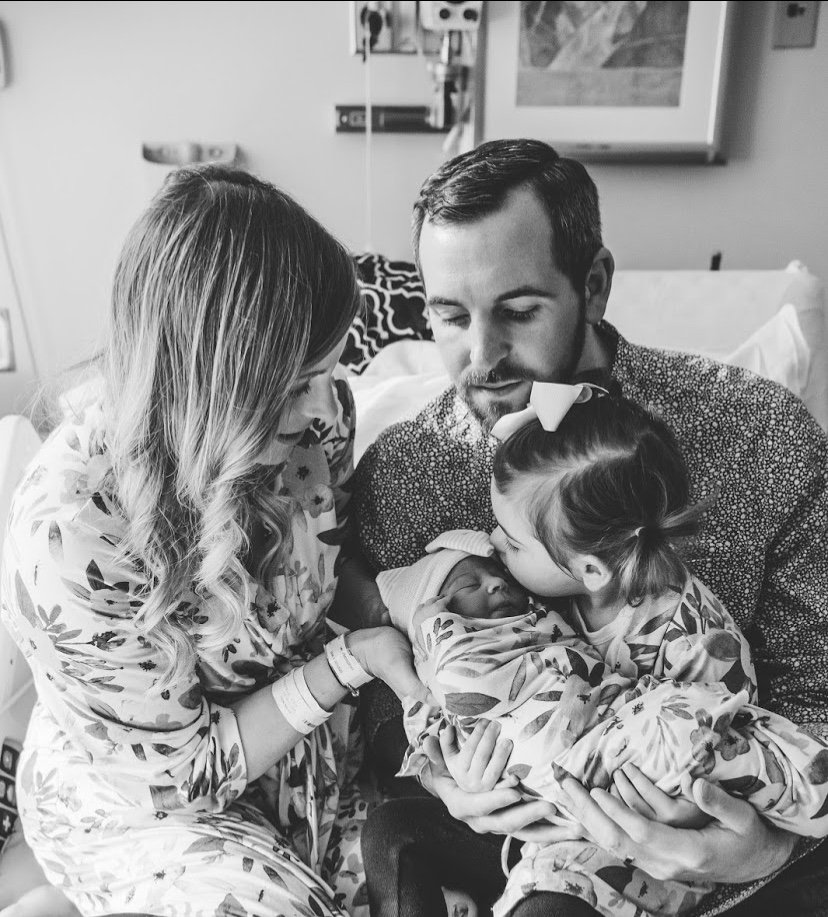The Messy Matrescence Period…and How Best to Prepare for It
Before having children, I thought about motherhood as a role, and while I knew how valuable and meaningful a mother is to a child and to society, I was wholly unprepared for how my journey to motherhood reshaped who I am to my very core. It is well known that birthing persons go through intense physical and emotional changes throughout the process of pregnancy, childbirth, and the postpartum period. Anthropologist, Dana Raphael, Ph.D coined the term, “matrescence” in 1973, as a developmental passage where a woman transitions through pre-conception, pregnancy and birth, surrogacy or adoption, to the postnatal period and beyond. Raphael described that the exact length of matrescence varies based on the individual and noted, “the changes encompass many domains including bio-psych-social, political, spiritual -- and can be likened to the developmental push of adolescence."
Motherhood and mothering are not easy - despite the prevailing expectation/perception of a woman becoming “secure” and “confident” the moment a baby is placed in her arms. In spite of this myth however, most women do not immediately feel this way - and some may never feel that way at all.
The reality for most is that matrescence is a long and difficult process. Feelings of fear, shame, guilt, along with other complex emotions make this highly anticipated transformation into a confident and secure mother feel distant and obstructed by self-doubt, confusion, and exhaustion. The expectations that we place on ourselves as a result of the “myth of motherhood” only make this journey more messy. I’m here to tell you: it is normal to feel like this transition is freaking hard. Here you are with an unfamiliar, sweaty body and very little relatability to your old self, given that the days and the nights look drastically different than they did before. Perhaps the transformed you often feels guilty for not enjoying motherhood as you had dreamed you would or thought you should and so, you blame yourself when things don’t go as expected. This is when complex feelings can start to bubble up and perhaps old deep wounds start to open, exposing distorted beliefs you have about yourself.
Take a deep breath. An important part of matrescence is knowing and accepting that the struggle is real (really!) and that it does not mean you are doing anything wrong or that there is anything wrong with you. It feels overwhelming to consider what you may have to unpack while attempting to “redefine” or integrate a new identity, however, with support and planning, you will feel empowered and the perception you have of yourself in the hardship can be just as beautiful as brutal - matrescence can be… “brutiful.”
What I would recommend as a perinatal psychotherapist, is designing a postpartum plan for the entire family, in addition to the birthing parent. A postpartum doula can give you and your family compassionate support around various needs: breastfeeding/lactation/feeding baby, assisting with meal preparation, light house cleaning, accompanying you to appointments - even coming to your home with enthusiasm and an extra set of hands to help care for and entertain any older children. A postpartum doula can also hold the baby while you, mama, are sleeping, showering, or while you are staring blankly into space.
A postpartum doula can educate and provide support to parents around managing emotional complications and understanding the impacts of sleep deprivation and fluctuating hormones. Your postpartum doula can assess for the “baby blues” persisting and continued sadness, guilt, excessive worry and lack of interest in the baby warranting further evaluation and treatment. Further, your postpartum doula will have resources to help you find a therapist or provider with specialized training in perinatal mood and anxiety conditions.
Your postpartum plan will outline what you as the new parents anticipate needing. There is no one-size-fits-all approach to creating a postpartum plan. Your wants and needs may be different from those of other parents, however, setting expectations and thinking through some important decisions before you’re in the throes of it, you’ll help set yourself up for success. In conclusion, with preparation and support, matrescence is powerful; women are reborn and have this brutiful opportunity to create a new identity while also gaining new perspective on the world, new values and goals, new thought processes and routines.
Katy is a licensed mental health counselor and founder of Andover Therapy Services. She has a vision for her practice to offer accessible therapeutic services to support and educate those struggling with the very raw and vulnerable life event of matresence. The opportunity to connect and feel a sense of non judgemental, genuine support during the journey in parenthood is so important and is a big factor in mitigating the onset of a perinatal mood and anxiety conditions. It was only on my own healing journey from grief after having lost my first baby due to preterm labor in the second trimester and working through perinatal intrusive thoughts throughout two subsequent pregnancies that I recognized a need to help support and educate others about the parts of motherhood that are not as glorified. Andover Therapy Services has recently expanded and is now comprised of a diverse team of professional counselors dedicated to offering support and evidenced-based therapy to treat perinatal mood and anxiety disorders, heal childhood attachment wounds, provide support for challenges with bonding, healing from birth trauma, and provide strategies to regulate your own emotional experiences so you are more free to be with and nurture young children.
Katy MacDonald, LMHC, PMH-C
38 Main Street, Suite 2B Andover, MA 01810
PSI Helpline:
Call 1-800-944-4773
Text 800-944-4773 English or 971-203-7773 Spanish
Maternal Mental Health Hotline 24/7 call or text support: 1-833-852-6262 or
1-833-TLC-MAMA
You are not alone.
You are not to blame.
With help, you will be well


